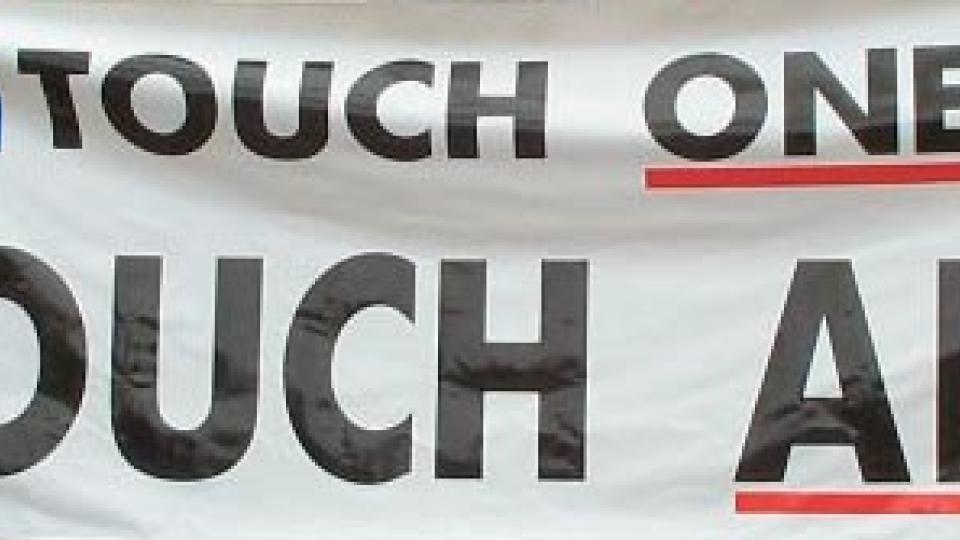ABCC’s revival is an attack on all working people

A cloud hangs over the annual picnic day for workers in the construction industry and their families, due to the passage of the bill to revive the Australian Building and Construction Commission (ABCC).
Former Prime Minister John Howard’s Building Industry Taskforce was established in 2002 — a child of the Cole Royal Commission. The ABCC was established by the Howard government in 2005, once it had achieved a majority in the Senate.
But when the Kevin Rudd and Julia Gillard Labor governments rode to victory on the back of the Your Rights at Work campaign, rather than disband the ABCC, they maintained it in all but name. It was rebranded as Fair Work Building and Construction, but many of the ABCC's powers were kept in place.
The bill to revive the ABCC was passed in the Senate by three votes, with the support of One Nation, the Nick Xenophon Team, Derryn Hinch and David Leyonhjelm. Significant amendments were made to get it through Parliament, which caused the Law Council to withdraw their opposition to it, according to a report in the New Daily.
But make no mistake, the new ABCC, like its predecessor, is an attack on the civil liberties of workers in the construction industry, on job security and on the rights of construction unions to represent their members and to protect health and safety.
For example, the ABCC removes the right of silence for construction workers when questioned by the commission. It bans workers, unions and employers from agreeing to limit casualisation, from promoting the employment of apprentices and bans measures that give workers job security.
During the period that Howard's ABCC was in place, workplace fatalities on building sites rose by 37%. Construction remains one of Australia’s top four most dangerous industries, accounting for the highest number — 24% — of work-related fatalities. Yet, the ABCC bans unions and employers from agreeing to safe hours of work and limiting excessive overtime, and prohibits employees seeking union help around safety issues on building sites.
In addition to the ABCC, the Registered Organisations Act will significantly ramp up government surveillance of unions and interference in their internal affairs.
Prime Minister Malcolm Turnbull also plans to use the power of government infrastructure contracts to put economic pressure on builders to undermine construction union organising and workers' rights and to seek to bankrupt the CFMEU and other construction unions by increasing fines.
The employment minister will have the power to impose a building code on all government contractors, and strike out matters from enterprise bargaining agreement (EBA) negotiations between construction unions and employers.
Any building company with an EBA in breach of the code would be ineligible for lucrative federal contracts.
After the bill passed, CFMEU national construction secretary Dave Noonan told the media: “Every issue got traded around this bill except for the civil rights and the industrial rights of over a million Australian workers in the construction industry.”
The passage of the bill was, of course, welcomed by the Business Council of Australia and other employers' organisations. If they could get away with it, the powers of the ABCC would be extended far beyond the construction industry. To shore up business profits, their objective is to weaken the organisation and resistance of all workers to attacks, whether on penalty rates, the minimum wage or other conditions. That's why the ABCC is an attack on all working people.
It is only through organising and resisting these anti-worker laws that they will be defeated. There is strong support for the role of unions in defending workers’ rights, despite of the fact that union memberships and density are at historical lows.
This poses a challenge for unions to give workers a reason to join and to follow their lead — by daring to struggle and to defy bad laws, and by putting the class interests of working people, not the electoral interests of the Australian Labor Party, at the forefront.
[Susan Price is a Socialist Alliance national co-convenor.]